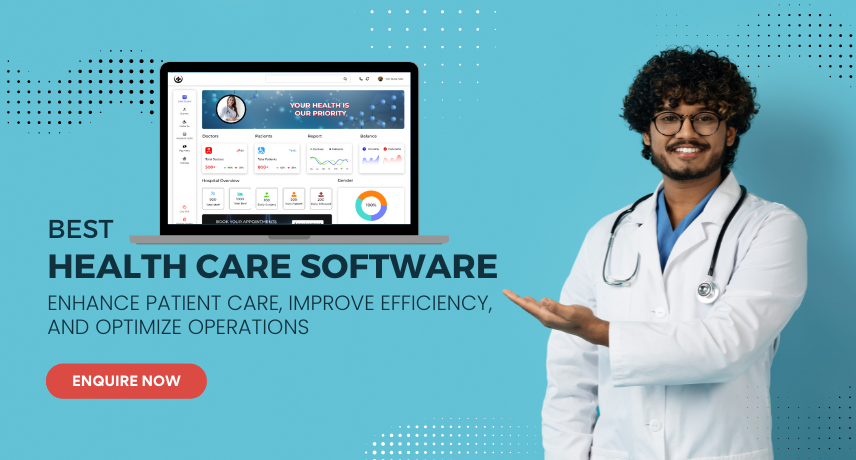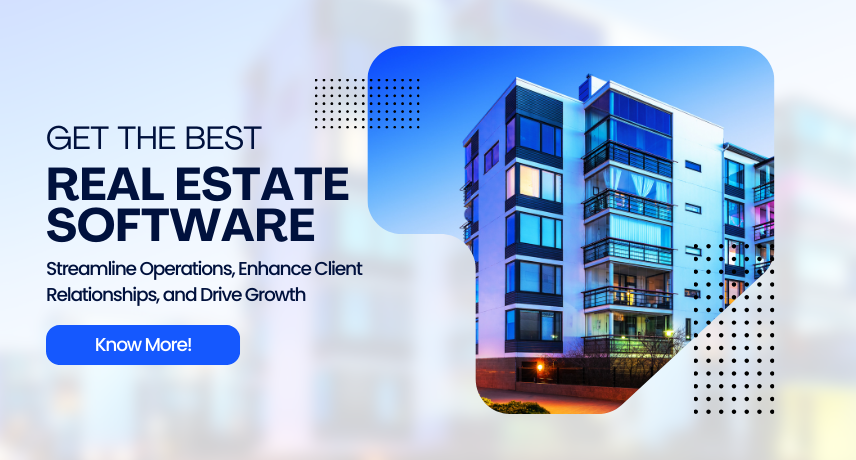Enquiry Form
What is Healthcare Software?
Healthcare software encompasses a broad range of applications designed to automate, streamline, and improve various aspects of the healthcare industry. These solutions cater to diverse needs, including electronic health records (EHR), patient management, medical billing, telehealth, and more.
Think of it as the digital foundation of modern healthcare, enabling you to:
- Manage patient data: Store and access patient records securely, track medical history, and manage appointments.
- Streamline workflows: Automate administrative tasks, optimize clinical processes, and improve communication.
- Enhance patient care: Provide personalized care, improve patient engagement, and enhance care coordination.
- Ensure compliance: Adhere to HIPAA regulations, maintain data security, and protect patient privacy.
- Gain insights: Analyze healthcare data, identify trends, and make informed decisions to improve operational efficiency and patient outcomes.
Must-Have Features in Healthcare Software
Enhance patient care and streamline operations with these key features

Electronic Health Records
Securely store and access patient data, track medical history, and manage appointments.
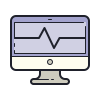
Patient Portal
Provide patients with online access to their health information, appointment scheduling, and communication tools.
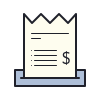
Medical Billing
Automate billing processes, manage claims, and process payments.
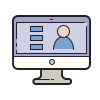
Telehealth
Conduct virtual consultations, provide remote patient monitoring, and offer online healthcare services.

Appointment Scheduling
Manage appointments, send reminders, and optimize scheduling workflows.
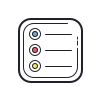
Prescription Management
E-prescribe medications, manage refills, and track medication adherence.
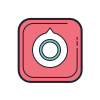
Clinical Decision Support
Provide clinicians with evidence-based guidelines and decision support tools.
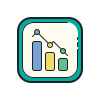
Reporting & Analytics
Generate reports on patient outcomes, clinical performance, and financial data.
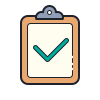
HIPAA Compliance
Ensure compliance with HIPAA regulations and protect patient privacy.

Patient Engagement
Engage patients with educational resources, personalized communication, and self-management tools.
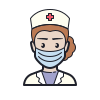
Care Coordination
Facilitate seamless communication between healthcare providers and improve care coordination.
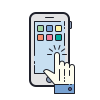
Mobile Access
Enable access to healthcare data and tools on mobile devices.
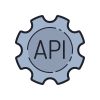
Integration
Connect with medical devices to capture and track patient data in real-time.
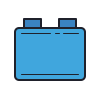
Customization
Tailor the software to your specific needs and workflows.
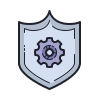
Security
Implement robust security measures, including encryption, authentication, and access controls.
How Healthcare Software Benefits Your Business
Improve patient care, enhance efficiency, and reduce costs.
- Enhanced patient experience: Provide personalized care, improve communication, and offer convenient online access to information.
- Increased efficiency: Automate administrative tasks, streamline workflows, and reduce manual errors.
- Improved care coordination: Facilitate seamless communication between healthcare providers and improve patient care coordination.
- Reduced costs: Minimize operational expenses, optimize resource allocation, and reduce the need for manual labor.
- Enhanced compliance: Ensure adherence to HIPAA regulations and minimize the risk of penalties.
- Data-driven insights: Gain valuable insights into patient outcomes, identify trends, and improve healthcare delivery.
5 Industries Where Healthcare Software is Essential
Improve patient care, enhance efficiency, and reduce costs in these key sectors
- Patient Management: Manage patient admissions, discharges, and transfers. Maintain comprehensive electronic health records (EHR), track medical history, medications, allergies, and vital signs. Schedule appointments and procedures, and manage patient communication.
- Operational Efficiency: Optimize bed utilization, manage operating room schedules, and allocate resources effectively. Streamline workflows, automate administrative tasks, and improve communication across departments (e.g., pharmacy, laboratory, radiology).
- Patient Safety: Enhance patient safety by reducing medical errors, preventing adverse drug events, and improving care coordination. Implement clinical decision support tools, medication reconciliation processes, and patient safety protocols. Track and analyze patient safety data to identify areas for improvement.
- Financial Management: Manage hospital finances, track revenue and expenses, and optimize billing processes. Process insurance claims, manage patient accounts, and generate financial reports.
- Compliance: Ensure compliance with healthcare regulations, such as HIPAA, and maintain data security and patient privacy. Implement access controls, audit trails, and security protocols to protect sensitive patient information.
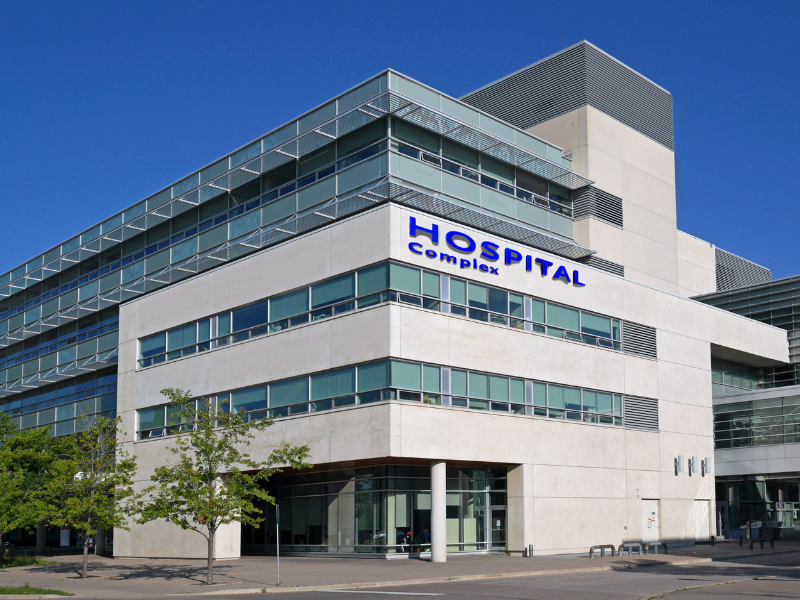
- Patient Management: Manage patient appointments, maintain electronic health records (EHR), track medical history, and streamline billing processes. Provide patients with online access to their health information and appointment scheduling.
- Patient Communication: Improve patient communication through secure messaging, appointment reminders, and personalized health information. Offer telehealth consultations for remote care and follow-up appointments.
- Practice Efficiency: Optimize workflows, reduce administrative burden, and increase revenue by automating tasks, streamlining billing processes, and managing patient scheduling effectively.
- Care Coordination: Facilitate communication and collaboration with other healthcare providers involved in patient care. Share patient information securely and coordinate referrals and consultations.
- Reporting and Analytics: Track key performance indicators (KPIs), such as patient volume, revenue, and appointment no-show rates. Analyze data to identify trends and improve practice performance.

- Prescription Management: Process prescriptions electronically, manage refills, and ensure accurate dispensing. Maintain patient medication profiles, track medication history, and check for drug interactions and allergies.
- Patient Safety: Improve patient safety by preventing medication errors, monitoring medication adherence, and providing patient counseling. Offer medication synchronization and automated refill reminders to improve patient compliance.
- Pharmacy Operations: Streamline pharmacy operations, enhance customer service, and optimize inventory management. Track medication inventory, manage orders, and automate reordering processes to ensure adequate stock levels.
- Insurance Claims: Process insurance claims electronically, manage prior authorizations, and track claim status. Ensure accurate billing and reimbursement for medications.
- Customer Communication: Communicate effectively with patients through automated reminders, refill notifications, and personalized messages. Provide online access to prescription information and refill requests.

- Care Coordination: Manage patient schedules, track care plans, and coordinate home healthcare services efficiently. Assign caregivers, track visits, and manage communication between caregivers, patients, and families.
- Patient Monitoring: Enhance patient safety by monitoring patient progress, tracking vital signs, and managing medication adherence. Provide caregivers with mobile tools to document care and communicate with the agency in real-time.
- Care Quality: Improve care quality by providing caregivers with access to patient information, care plans, and best practices. Track patient outcomes, analyze performance data, and implement quality improvement initiatives.
- Scheduling and Routing: Optimize caregiver schedules, manage travel routes, and minimize travel time. Ensure efficient allocation of caregivers to meet patient needs.
- Billing and Payroll: Manage billing for home healthcare services, track expenses, and process payroll for caregivers. Integrate with accounting systems for streamlined financial management.

- Patient Management: Manage patient appointments, track treatment plans, document therapy sessions, and maintain confidential patient records. Provide patients with online access to schedule appointments and communicate with their therapists.
- Patient Engagement: Enhance patient engagement by providing secure communication channels, such as messaging and telehealth platforms. Offer online resources and self-management tools to support patient mental health.
- Practice Efficiency: Streamline administrative tasks, improve billing processes, and optimize practice management. Automate appointment reminders, manage patient billing, and track practice performance.
- Outcome Tracking: Monitor patient progress, track treatment outcomes, and measure the effectiveness of therapy. Use data to improve treatment plans and personalize care.
- Compliance and Security: Ensure compliance with HIPAA and other relevant regulations. Implement security measures to protect patient confidentiality and maintain data security.

Choosing the Best Healthcare Software Company
Find a partner who understands your unique needs and challenges.
Selecting the right healthcare software is crucial for your success. Consider these factors when evaluating providers:
- Functionality: Does the software offer the specific features you need for your healthcare practice or organization, such as EHR, telehealth, or medical billing?
- Interoperability: Can the software integrate with your existing systems and share data seamlessly with other healthcare providers?
- Security: Does the software provide robust security measures to protect sensitive patient data and comply with HIPAA regulations?
- Usability: Is the software intuitive and easy to use for your staff and patients?
- Scalability: Can the software grow with your practice or organization and adapt to your evolving needs?
- Support: Does the company offer reliable customer support, training, and ongoing maintenance?
- Pricing: Choose a solution that aligns with your budget and provides a strong return on investment.
- Reputation: Choose a provider with a proven track record in the healthcare industry and positive customer reviews.

Top Healthcare Software Solutions to Streamline Medical Operations
Explore advanced healthcare software designed to enhance patient care, streamline hospital operations, and improve medical data management. Discover the best tech solutions for the healthcare industry.
Latest News
Get answers to your most common questions
Frequently Asked Questions about Healthcare Software
